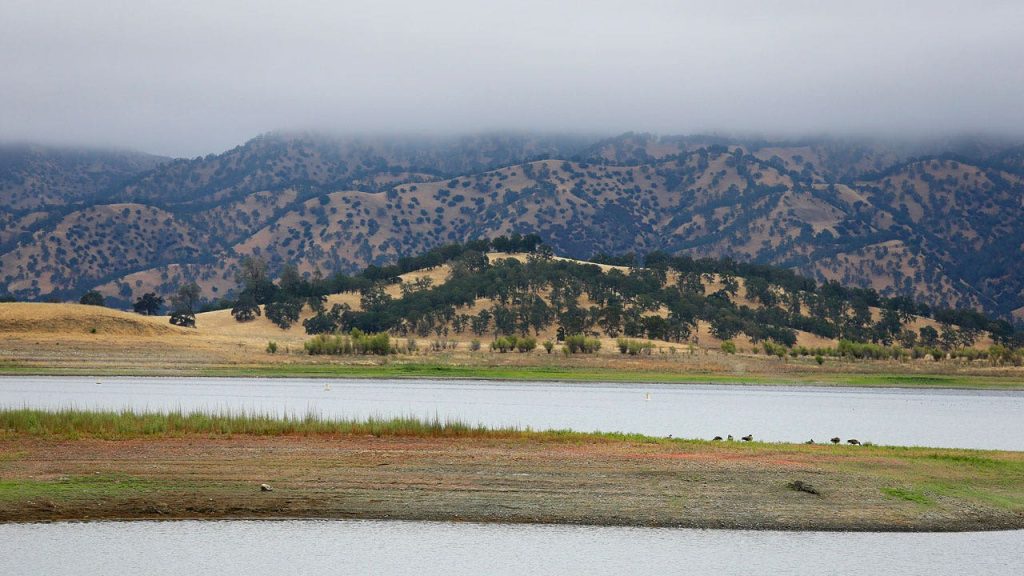President Joe Biden recently expanded two national monuments in California, totaling nearly 120,000 acres, in line with his “America the Beautiful” initiative. These designations aim to honor tribal heritage, conserve public lands and waters, and address climate change. The expansion was also highlighted as a significant achievement by Vice President Kamala Harris, who played a role in ensuring protections in her home state of California. Some Republicans and critics argue that the initiative is tying up crucial resources that could be used for other purposes, and question the president’s legal authority to make these designations.
The expansions include the San Gabriel Mountains National Monument in Pasadena, Southern California, and the Berryessa Snow Mountain National Monument in Sacramento, Northern California. The San Gabriel Mountains expansion was driven by calls from Indigenous peoples who are original stewards of the culturally rich lands. The Berryessa Snow Mountain expansion includes Molok Luyuk, or Condor Ridge, which has been significant to tribal nations like the Yocha Dehe Wintun Nation for thousands of years. The new designations aim to make nature more accessible for Californians while protecting various species, including black bears, mountain lions, and tule elk.
Efforts to expand and designate monuments are made under the Antiquities Act of 1906, which authorizes the president to protect cultural and natural resources on federal lands. The Biden administration has established or expanded seven national monuments, restored protections for three more, and taken other measures to preserve important cultural and environmental sites. These actions have been praised by coalitions of tribes and conservation groups across the nation, who have been urging Biden to make a number of other designations over the past three years.
In addition to the expansions in California, Biden signed a national monument designation outside Grand Canyon National Park called Baaj Nwaavjo I’tah Kukveni in August 2021. This move was challenged by the top two Republicans in Arizona’s Legislature. In the same year, Biden also restored two national monuments in Utah and a marine conservation area in New England that had previously been stripped of environmental protections by the Trump administration. Challenges to these designations have also been seen in the courts. In 2023, the Avi Kwa Ame National Monument in southern Nevada and the Castner Range in El Paso, Texas were also designated, further highlighting the administration’s commitment to protecting important cultural and natural resources across the country.
Overall, President Biden’s expansion of national monuments in California represents a significant step towards honoring tribal heritage, conserving public lands, and addressing climate change. While facing criticism from some Republicans and critics, the administration has continued to pursue the protection of important cultural and environmental sites through the Antiquities Act and other measures. The designation of national monuments in California and across the nation is a key aspect of the president’s broader conservation and environmental protection efforts.















